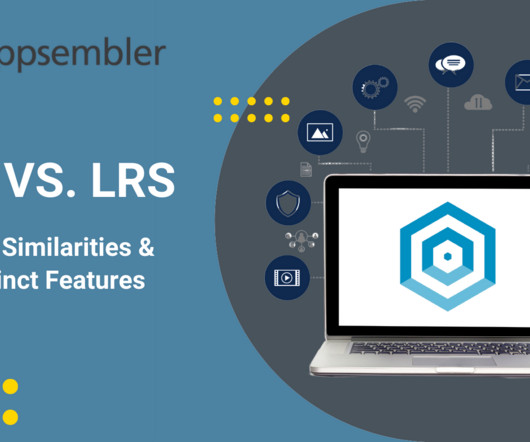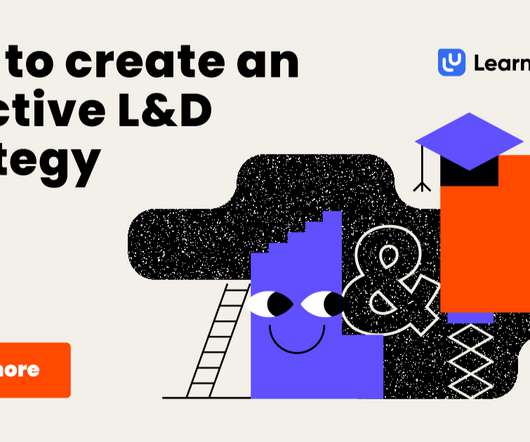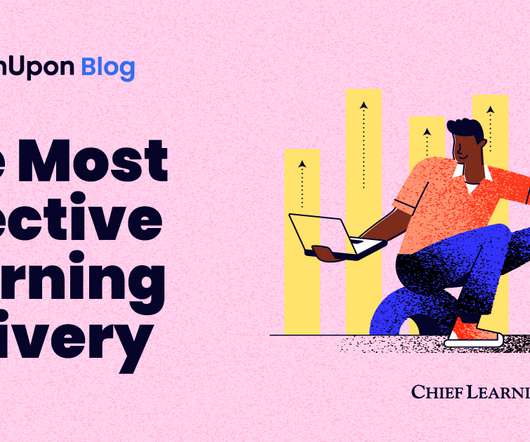Learning Experience Platforms (LXPs): Transforming the eLearning Landscape
Aptara
OCTOBER 17, 2023
In the rapidly evolving world of eLearning, traditional Learning Management Systems (LMS) are gradually giving way to more dynamic and personalized Learning Experience Platforms (LXPs). With advanced features and benefits, LXPs are becoming essential tools for corporate training and beyond.











































Let's personalize your content